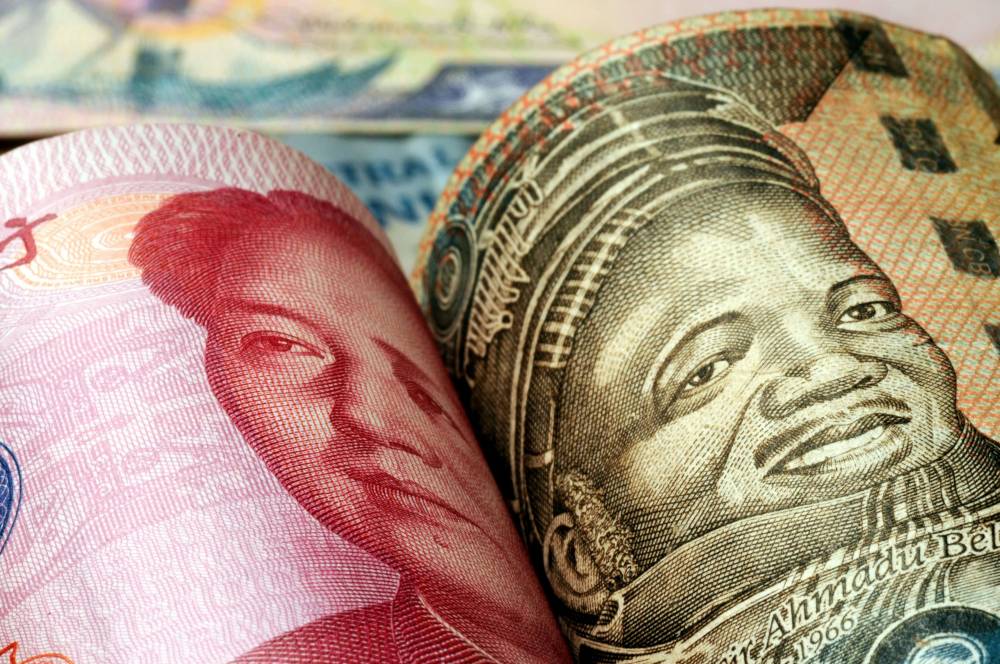
PawaPay, A Pan-African Fintech Startup, Raises $9 Million In Seed Funding For Expansion And Talent Acquisition
pawaPay, a pan-African fintech startup, raises $9 million in seed funding for expansion and talent acquisition
pawaPay, an Africa-focused fintech company, announced the completion of a $9 million seed financing round to expand its mobile money payment solutions team, scale operations, and enter new markets.
Five firms contributed cheques to this investment. The round was led by 88mph — a company based in the United Kingdom that invests in web and mobile-centric technology solutions — and MSA Capital, a Chinese venture capital firm. Kepple Ventures, an African venture capital firm; Vunani Capital, a South African investment firm; and Zagadat Capital, an investment firm owned by Oluwatosin Ajibade, better known as Mr Eazi in the Nigerian music scene, are also participants.
pawaPay was founded in 2020 as a subsidiary of betPawa, an online betting platform. It enables mobile payments for both domestic and international transactions/financial activities by aggregating data from Africa's largest telcos into a single mobile money API. Businesses and individuals can use their mobile devices to process payments, receive and transfer money, and pay bills.
pawaPay's beta version is currently available in ten African countries: Cameroon, Mozambique, the Democratic Republic of the Congo (DRC), Ghana, Nigeria, Rwanda, Kenya, Tanzania, and Uganda.
According to the website, new merchants can use a unified mobile payments API to make their products available to 250 million new customers. Additionally, they claim to have processed 257.4 million transactions totaling $1.25 billion since their inception.
Difficulty in Receiving Payment
Generally, it is difficult to send and receive payments from Africa to international destinations and vice versa. According to TechCrunch, Nikolai Barnwell, CEO of pawaPay, explains that the platform was initially created to facilitate international money transfers via mobile money.
Barnwell also expresses optimism for mobile money infrastructure as a means of resolving payment issues in Africa.
“We're placing a large bet on the rise of mobile money and all the complications that come with it, as well as on the infrastructure that must be built around payments with mobile money at their core.
“And when we look at the continent as a whole, we see adoption rates for mobile money growing at a breakneck pace. It has become abundantly clear that this is a significant financial infrastructure, and that much of it has been missing if serious volume and businesses are to be conducted via mobile money.”
There are a number of obstacles to determining mobile penetration accurately in Africa. Mobile penetration, unique subscriber penetration, and SIM card penetration are frequently used interchangeably, despite the fact that they mean completely different things.
While mobile access penetration refers to the population of individuals who can access a mobile device on a regular basis — without necessarily owning one — unique subscriber penetration refers to the population of individuals who own mobile devices. SIM card penetration, on the other hand, refers to the total number of SIM card connections in a region.
As of 2013, the African Development Bank (AfDB) and the World Bank estimated that Africa had 650 million mobile phone users, surpassing the United States and Europe. Due to the widespread use of mobile phones in the majority of Africa, mobile money is one of the most widely used digital financial transaction mediums.
Barnwell believes that if not for the rigid regulations prevalent in the majority of African countries, the platform would have gained more traction than it currently does, and this is an obstacle they are prepared to overcome.
“We've entered and determined that we want to be fully regulated. We want to be completely covered in all markets, with complete licensing, and to be a very stable and reliable premium product in these markets,” he added.
In conclusion
While the majority of payment solutions in Africa, such as PayStack and Flutterwave, are based on credit cards and banks, platforms such as MFS Africa and pawaPay are entirely focused on mobile.

